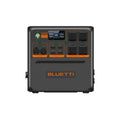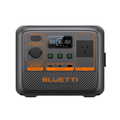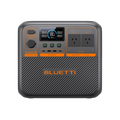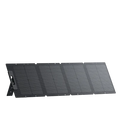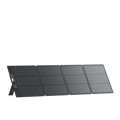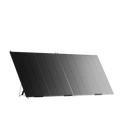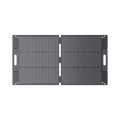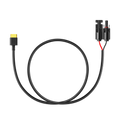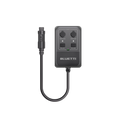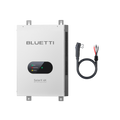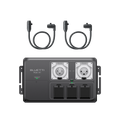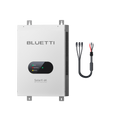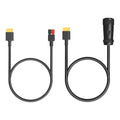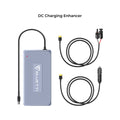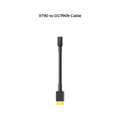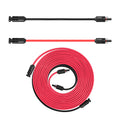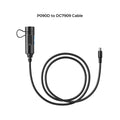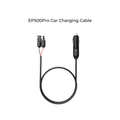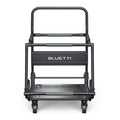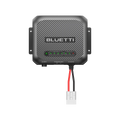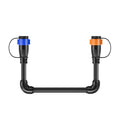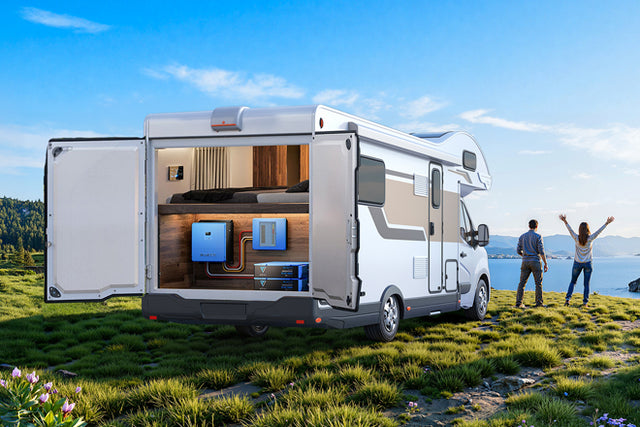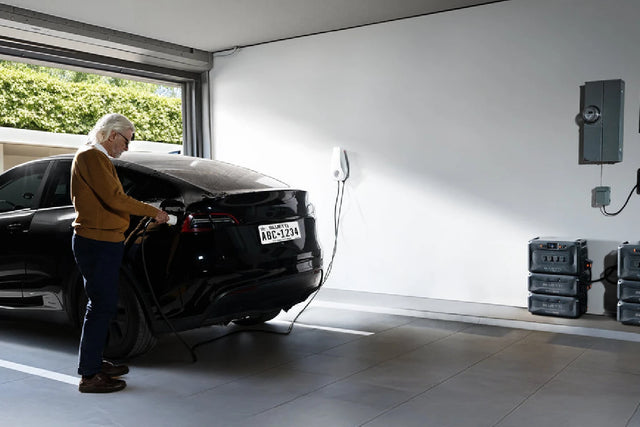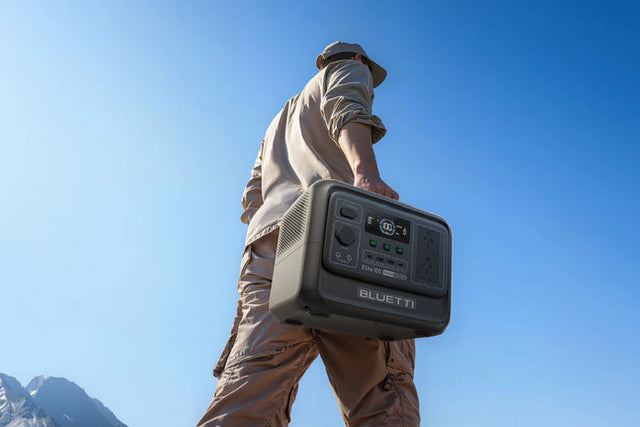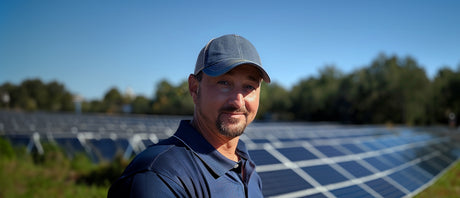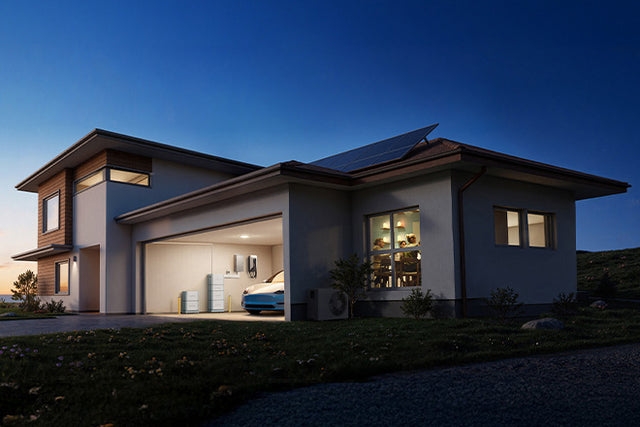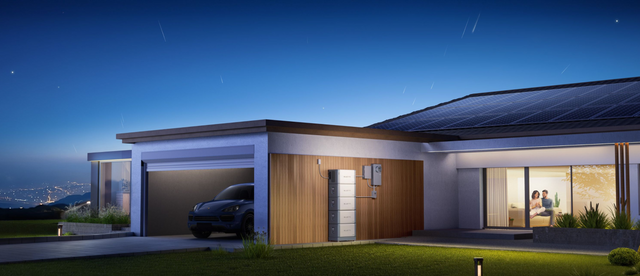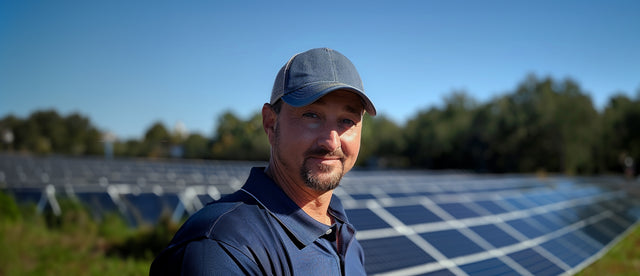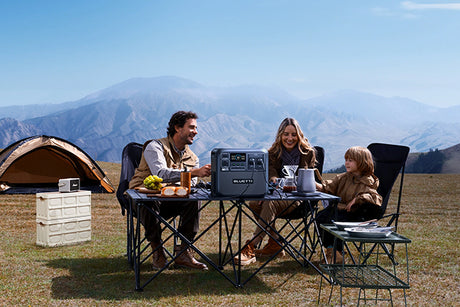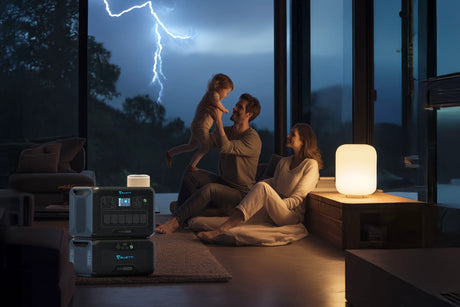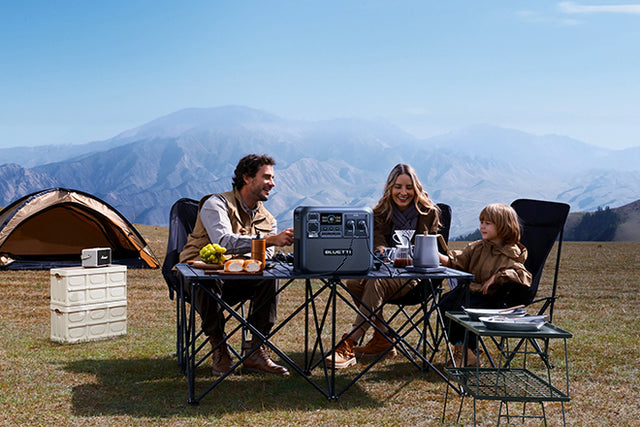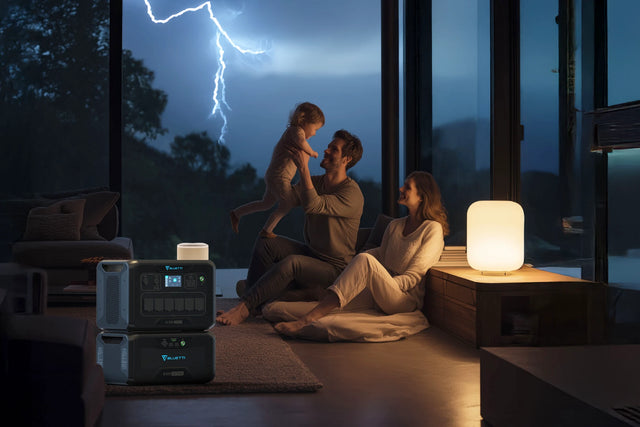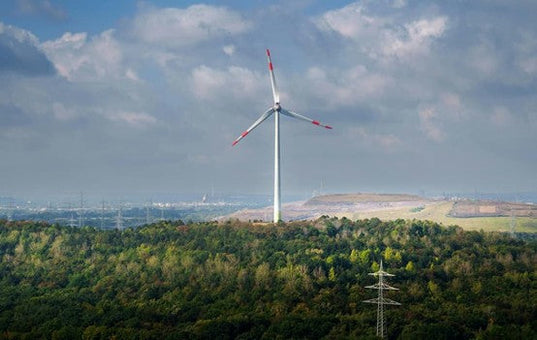How well you fend off a natural disaster or deal with an unexpected power outage comes down to your preparation. Homeowners are spending more than ever on home backup power solutions to make sure they have a reliable source of power in case of an emergency.
In this extensive guide, we delve into the realm of home backup power, covering everything from diesel generators to solar generators and portable solar panels.
The Need for Backup Power
Power outages can occur for a number of reasons, including extreme weather and natural disasters, as well as system breakdowns or maintenance issues. Regardless of the cause, losing power can be more than just an inconvenience; it can disrupt your daily life and, in certain cases, even present a safety concern.
Home backup power systems provide a failsafe, ensuring that you have a dependable power source to keep your essential appliances operating and your home safe and comfortable.
Traditional Home Backup Power – Diesel and Gas Generators
When you think of emergency power solutions, conventional diesel or gas generators likely come to mind first. Due to their high power output, these generators have been the go-to option for many households over the years.
However, these types of generators have various drawbacks. They require routine maintenance, and their operation incurs ongoing fuel expenses, which can be especially high during extended power disruptions.
Other than that, they create noise and air pollution, which is undesirable in residential areas and for those who are conscious of their carbon footprint.
The Green Alternative – Portable Solar Panels and Generators

With the development of renewable energy technology, homes can now opt for eco-friendlier power options. Portable solar panels and generators present a sustainable and noise-free backup power solution.
A solar generator is essentially a solar-panel-powered inverter with batteries. It captures solar energy and transforms it into useable power. Solar generators are especially handy during prolonged power outages since they can be recharged over and over again as long as there is enough sunlight. In addition, they have the benefits of being silent and emission-free.
Portable solar panels are another excellent way to ensure uninterrupted power supply during emergencies. They can be used to directly charge solar generators or power other equipment. A good thing about portable solar panels is that they can be relocated to maximize sunlight exposure and, by extension, their effectiveness.
Home Energy Storage – Solar Batteries
Solar batteries are yet another essential piece of armory in your home backup power arsenal. By storing excess energy generated by your solar panels, they ensure that you have access to electricity even when the sun is not shining.
Technological advancements have contributed to the advent of cheaper and more efficient solar batteries. LifePO4 batteries, for example, outlast typical lead-acid batteries and offer a higher energy density. They can be a particularly worthwhile investment if you reside in an outage-prone area.
Choosing the Right Backup Power Solution for Your Home
When it comes to choosing the best backup power option for your home, there are a few essential factors you should consider. Each option has its own benefits and drawbacks, and the optimal decision will depend upon your individual needs and circumstances.
Here are some important aspects to consider:
Power Requirements
Start by evaluating the amount of energy you will need during a blackout. Make a list of the important equipment and devices you wish to maintain running in case of an emergency. Calculate the total power consumption based on their power ratings. This will give you an estimate of how much power your backup power solution will need.
Budget
A backup power solution is a major investment, which is why you need to be clear about your budget. When compared to solar power solutions, traditional diesel or gas generators often have a cheaper initial cost. However, ongoing fuel costs, maintenance costs, and the need for regular refilling during extended power outages must all be considered.
Solar power systems require a greater initial investment, but they can provide long-term savings on electricity costs.
Available Space
Consider your home's available space. Diesel or gas-powered generators need sufficient space for installation, ventilation, and fuel storage.
In contrast, portable solar power systems are compact and can therefore be installed even in confined spaces. Consider the available space and choose the best alternative that fits within those limitations.
Installation and Maintenance
Portable solar power technologies, such as solar generators and portable solar panels, have a major installation advantage.
They are often simple to set up and require little technological knowledge. Portable solar panels can be positioned to capture sunlight with relative ease, and solar generators are designed for simple plug-and-play operation.
Traditional diesel or gas generators, on the other hand, require professional installation, including proper wiring and electrical connection to your residence.
When it comes to maintenance, once again, portable solar power options – particularly portable solar generators – have the upper hand. When compared to traditional generators, they have fewer moving parts and require less maintenance.
Solar generators require routine cleaning and battery maintenance, such as checking charge levels and ensuring correct storage. Traditional generators, on the other hand, require routine maintenance such as oil changes, filter replacements, and testing to maintain proper operation.
Local Climate
How well different backup power options work in your area depends a lot on the climate there.
Solar power systems rely on sunlight, so if you live in an area with plenty of sunshine all year, solar panels can be extremely efficient and dependable.
However, if your area has a lot of dark or rainy days, you might want to think about a backup power solution that can deliver electricity even in low-light settings, like a hybrid solar and battery system.
Environmental Impact
Consider your environmental values and the effect of the backup power solution you go with.
Traditional generators that operate on diesel or natural gas emit greenhouse gases and contribute to air pollution. In contrast, solar energy systems are clean, renewable, and deliver emission-free operation.
By choosing a solar power system, you can lower your carbon footprint and help make the world a better place.
Noise Level
Noise is an important consideration, especially if you live in a densely populated region or have noise restrictions. It is common knowledge that conventional generators generate noise during operation.
Solar power systems, on the other hand, are silent, making them a better option if pollution is a concern.
Backup Power Management – Monitoring and Optimizing Energy Usage
Effective backup power management is essential for backup power solutions to ensure optimal performance, efficient energy consumption, and the ability to maintain power for as long as possible during disruptions. By monitoring and optimizing energy consumption, you can maximize both the benefits and the useful life of your backup power system.
This section discusses the significance of backup power management and provides ways for monitoring and optimizing energy usage.
The Importance of Backup Power Management
Backup power systems – whether traditional generators or renewable energy-based options – need to be carefully managed to maximize their performance during power outages.
Below are the key benefits of managing backup power:
Extended Runtime
You can get the most use out of your backup power system by keeping track of and improving the way it uses energy.
This ensures that critical appliances and equipment continue to operate as long as possible during a blackout.
Efficient Energy Utilization
Backup power management enables you to prioritize power use and allocate energy resources to essential devices.
This helps prevent energy wastage and ensures that power is directed where it is most required.
Battery Health Preservation
Monitoring and managing your backup power system's batteries helps preserve their health and longevity.
Proper battery management practices, such as not overcharging or discharging, can help maximize the system’s useful life and performance.
Cost Optimization
By optimizing energy consumption, it is possible to reduce fuel usage in conventional generators and maximize the use of renewable energy in solar-based systems. This can lead to long-term cost savings.
Monitoring Energy Usage
Effective backup power management begins with energy consumption monitoring. This involves observing the power consumption of various appliances and devices, understanding their power requirements, and identifying energy optimization opportunities.
Here are a few ways to track your energy consumption:
Energy Monitoring Devices
Install energy monitoring devices or smart plugs to track individual appliance or circuit energy consumption.
These devices provide real-time data that enables you to identify energy-intensive devices and make informed decisions regarding their usage during power outages.
Smart Metering
Use smart metering technology provided by your utility company if it is available. Smart meters provide extensive insights into your energy usage habits and can help you identify the potential for energy conservation.
Energy Monitoring Apps
Utilize smartphone applications or online platforms that facilitate energy monitoring and analysis. These applications often provide visualizations, historical data, and energy-saving advice to help you make informed decisions.
Optimizing Energy Usage
Once you understand your energy consumption trends, you can take steps to maximize power utilization during outages. Here are some tips for optimizing consumption:
Prioritize Essential Devices
Identify and prioritize the appliances and devices that require electricity during a power outage. Examples include medical equipment, refrigeration units, illumination, and communication devices. Allocate power resources properly to ensure that these devices have continuous power.
Load-Shedding
During a blackout, implement load-shedding techniques by temporarily disconnecting non-essential appliances and devices. This reduces overall power consumption and extends the runtime of your backup power system.
Energy-Efficient Appliances
Consider adopting energy-efficient appliances and devices that use lower power during normal operation.
Devices with an Energy Rating Label are created to minimize energy consumption, making them ideal for situations involving backup power.
Power Management Software
Investigate power management software or devices that enable you to control and optimize energy consumption during outages.
These solutions can automatically prioritize devices, plan power usage, and deliver battery level notifications, resulting in efficient energy utilization.
Efficient Lighting
Choose energy-efficient lighting options, such as compact fluorescent lamps (CFLs) or LED bulbs, which consume less energy than traditional incandescent bulbs.
You could also consider using task lights instead of lighting up the entire room.
Conservation Practices
Encourage household members to practice energy conservation during power disruptions.
This includes turning off unnecessary lighting, using natural lighting whenever possible, and limiting the use of non-essential electric devices.
Lighting Up the Future – Embracing Emergency Resiliency with Home Backup Power Solutions

Backup power solutions are not only a way to ensure the continuity of critical services, but also a step towards a cleaner and greener future. By embracing renewable energy sources such as solar power, you become an active participant in lowering your environmental impact and helping to build a more resilient and energy-independent world.
So, take the initiative, explore your options, and make the best decision you can for your house and household. Embrace the power of preparedness and reap the benefits of a lasting and reliable backup power solution.


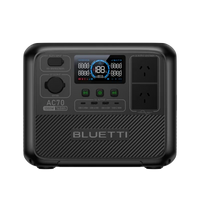
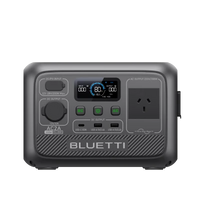
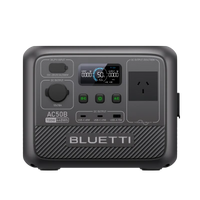

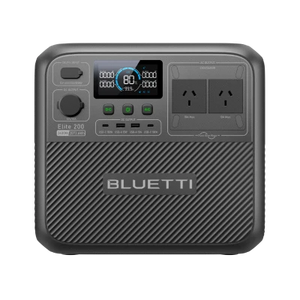
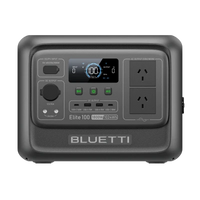
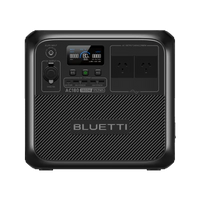
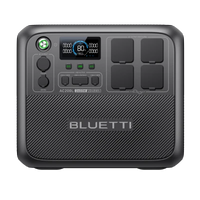
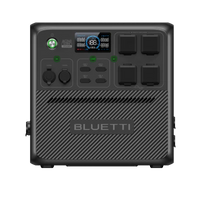
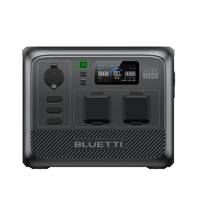
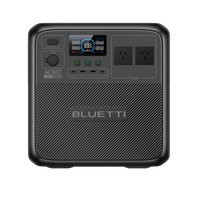


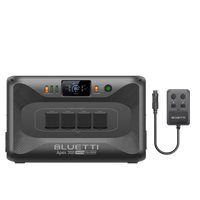

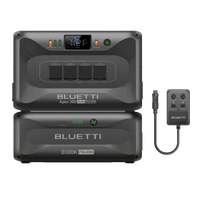
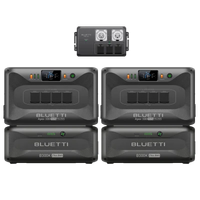
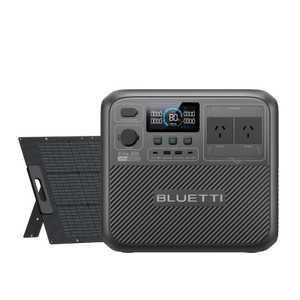
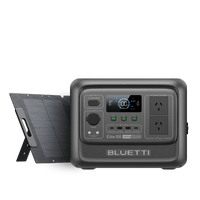
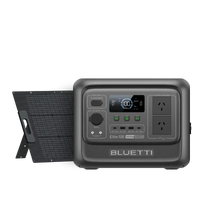
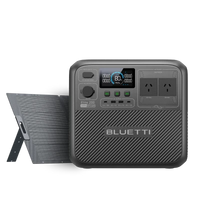
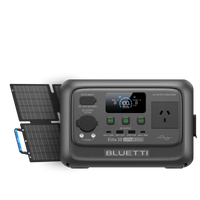
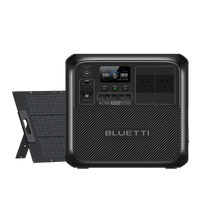
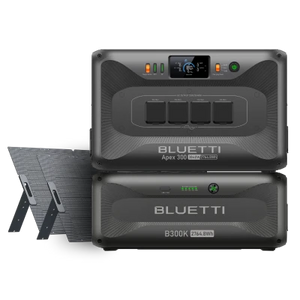
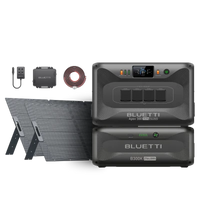
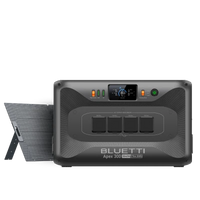
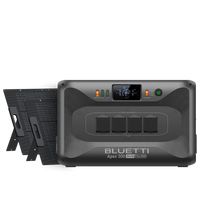
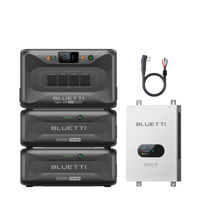

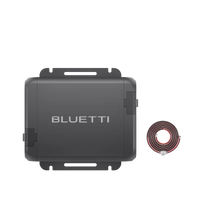
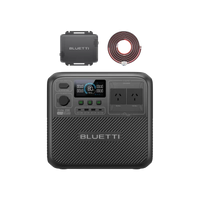
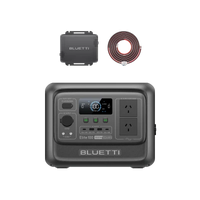
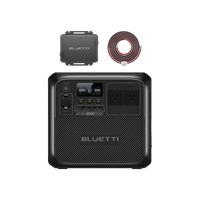
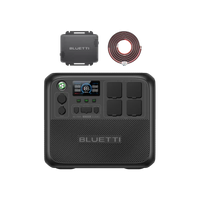
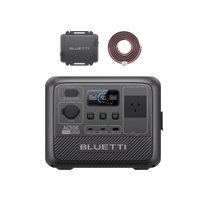
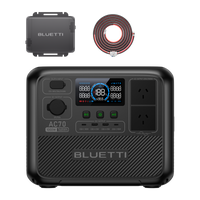


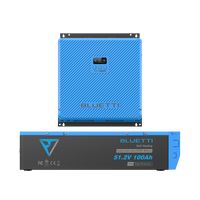
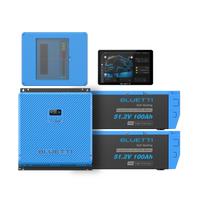
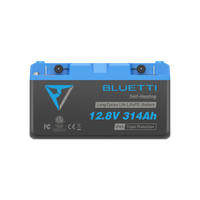
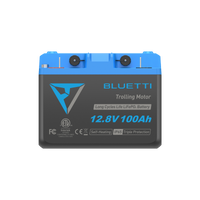
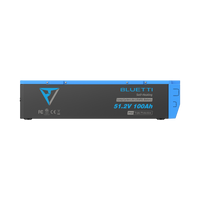
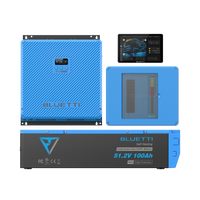
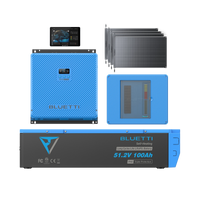
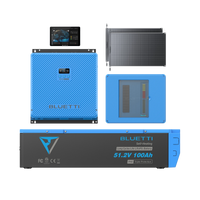
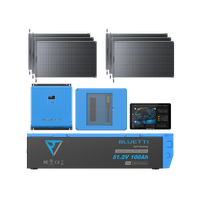




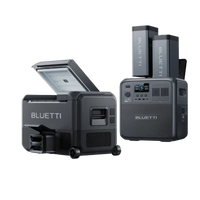
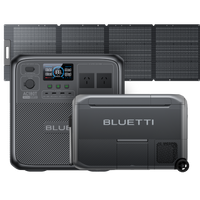
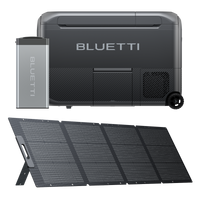
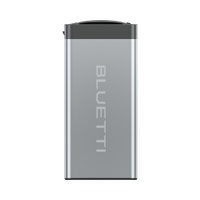
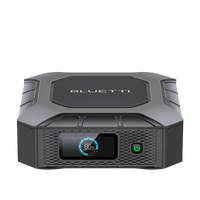
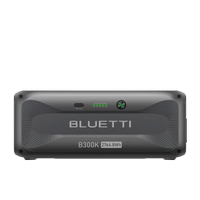

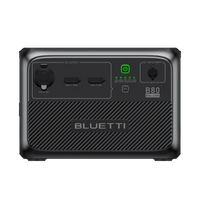
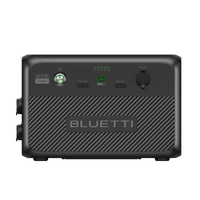

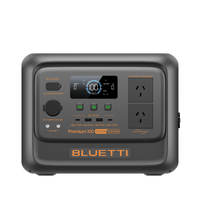
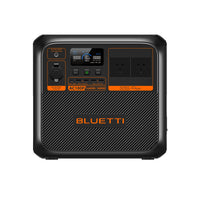

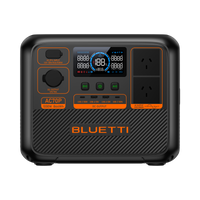
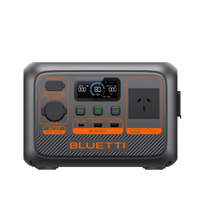
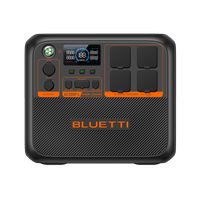
![[Phased Out] BLUETTI B80P Expansion Battery | 806Wh](http://www.bluettipower.com.au/cdn/shop/files/202310025B80P_2000-2000px_4_4caa0c1c-4dab-4272-9e9b-2b7507e5bd81.jpg?v=1713777870&width=200)
![[Phased Out] BLUETTI B210P Expansion Battery | 2,150Wh](http://www.bluettipower.com.au/cdn/shop/files/2_08cf9ef3-03a4-4489-b641-d3edb8094896.webp?v=1716016566&width=200)
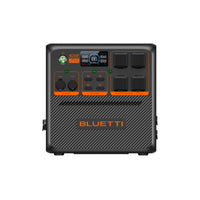
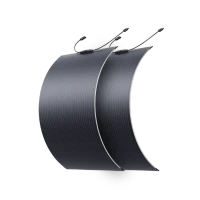
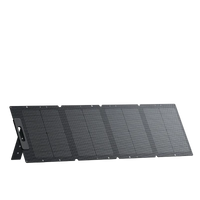
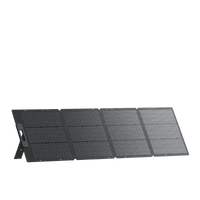
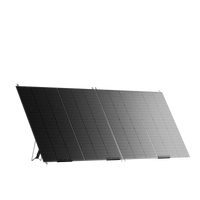

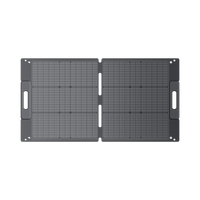

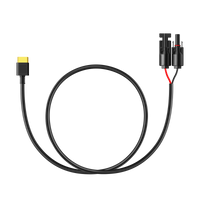
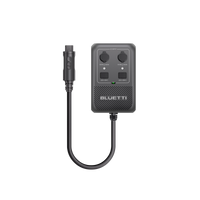
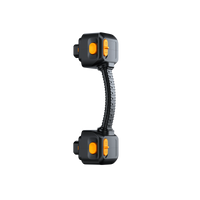
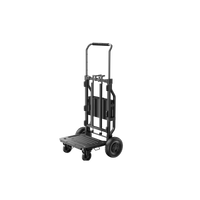
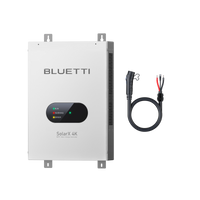
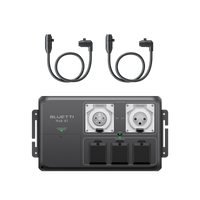
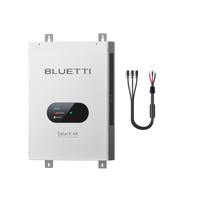
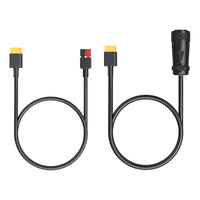
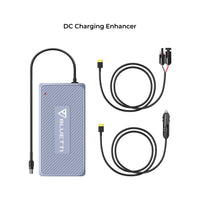
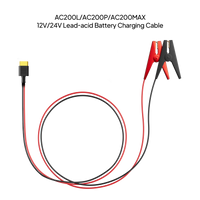
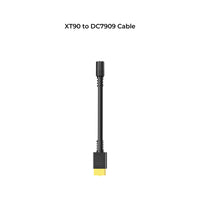
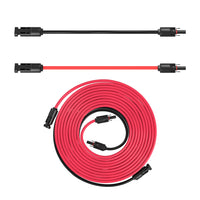
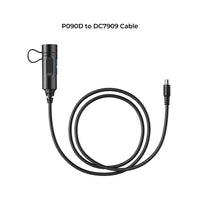
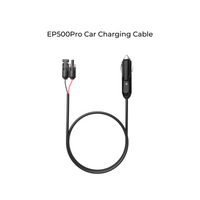
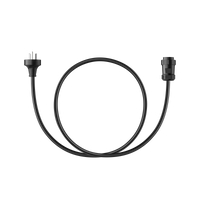
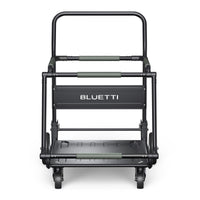
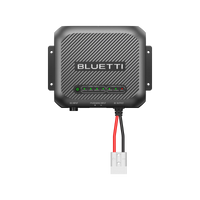
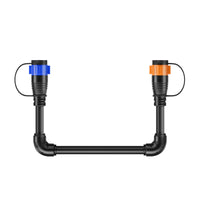



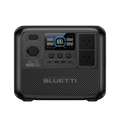
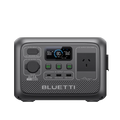
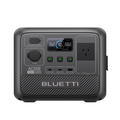


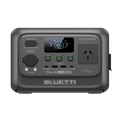
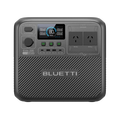
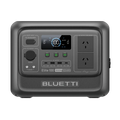
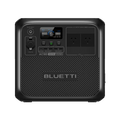
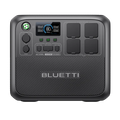
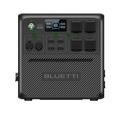
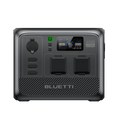
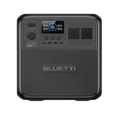


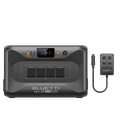

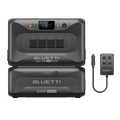
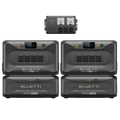




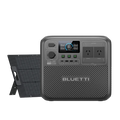
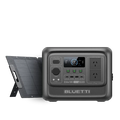
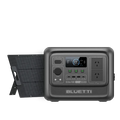
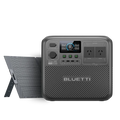
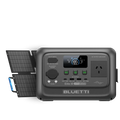
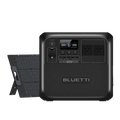
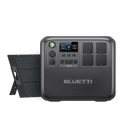
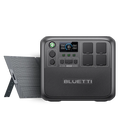




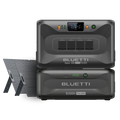
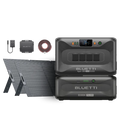
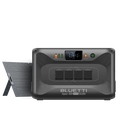
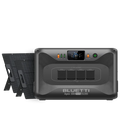
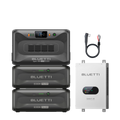


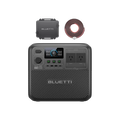
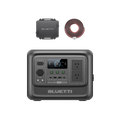
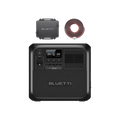


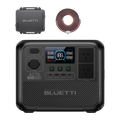
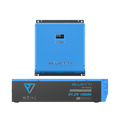
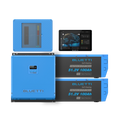
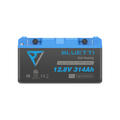





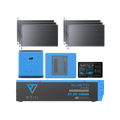
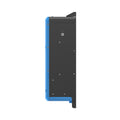




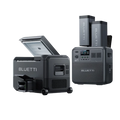
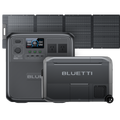


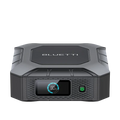
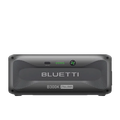

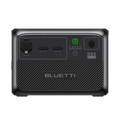
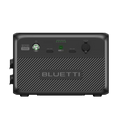


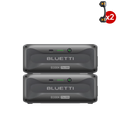
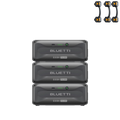




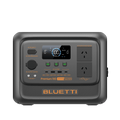
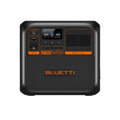

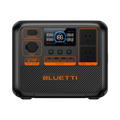
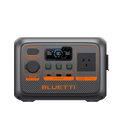

![[Phased Out] BLUETTI B80P Expansion Battery | 806Wh](http://www.bluettipower.com.au/cdn/shop/files/202310025B80P_2000-2000px_4_4caa0c1c-4dab-4272-9e9b-2b7507e5bd81.jpg?v=1713777870&width=120)
![[Phased Out] BLUETTI B210P Expansion Battery | 2,150Wh](http://www.bluettipower.com.au/cdn/shop/files/2_08cf9ef3-03a4-4489-b641-d3edb8094896.webp?v=1716016566&width=120)
